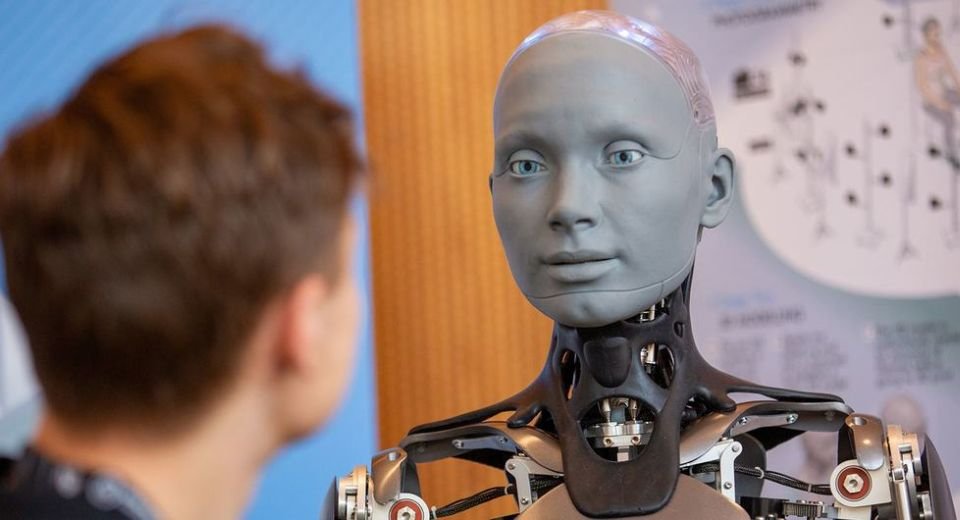HQ Team
September 20, 2024: The imperative for the global governance of artificial intelligence (AI) is “irrefutable” as its accelerating development concentrates power and wealth on a global scale, according to a UN report.
“Artificial intelligence’s raw materials, from critical minerals to training data, are globally sourced. General-purpose AI, deployed across borders, spawns manifold applications globally.
“The accelerating development of AI concentrates power and wealth globally, with geopolitical and geoeconomic implications,” the report stated.
The ‘Governing AI for Humanity report’ was prepared by a multi-stakeholder High-level Advisory Body on Artificial Intelligence, and was initially proposed in 2020 as part of the United Nations Secretary-General’s Roadmap for Digital Cooperation.
It was formed in October 2023 to undertake analysis and advance recommendations for the international governance of artificial intelligence.
Cannot be left to ‘whims of market’
The development, deployment and use of such a technology cannot be left to the “whims of markets alone,” according to the report. “The role of national governments and regional organisations will be crucial, but the very nature of the technology itself – transboundary in structure and application – necessitates a global approach.”
None understood AI’s inner workings enough to control its outputs or predict its evolution fully. Nor are decision-makers held accountable for developing, deploying or using systems they do not understand.
“Negative spillovers and downstream impacts resulting from such decisions are also likely to be global.”
Governance could also be a key enabler for AI innovation for the Sustainable Development Goals globally — from opening new areas of scientific inquiry and optimising energy grids to improving public health and agriculture.
Without governance, AI’s opportunities may not manifest or be distributed equitably.
‘Autonomous weapons’
Other risks include bias, surveillance, and confabulations (or “hallucinations”) of large language models, AI-enhanced creation and dissemination of disinformation, risks to peace and security, and the energy consumption of AI systems at a time of climate crisis.
Numerous fast, opaque and autonomous AI systems were challenging the traditional regulatory systems, while ever-more-powerful systems could upend the world of work. “Autonomous weapons and public security uses of AI raise serious legal, security and humanitarian questions.”
“There is today, a global governance deficit concerning AI. Despite much discussion of ethics and principles, the patchwork of norms and institutions is still nascent and full of gaps.”
Accountability is often notable for its absence, and compliance often rests on volunteerism. “Practice belies rhetoric,” according to the report.
A global holistic approach can cut across political, economic, social, ethical, human rights, technical, environmental and other domains.
118 nations are parties to none
“Such an approach can turn a patchwork of evolving initiatives into a coherent, interoperable whole, grounded in international law and the SDGs, adaptable across contexts and over time.”
In terms of representation, whole parts of the world have been left out of international AI governance conversations.
Only seven countries —Canada, France, Germany, Italy, Japan, United Kingdom and the United States — are parties to all the sampled AI governance efforts, whereas 118 countries are parties to none.
Coordination gaps between initiatives and institutions risk splitting the world into disconnected and incompatible AI governance regimes. Coordination is also lacking within the United Nations system. “Although many United Nations entities touch on AI governance, their specific mandates mean that none do so in a comprehensive manner.”
The UN expert group has proposed a list of seven recommendations for regulating the use of AI. It stressed that any deployment of AI in military settings must comply with international humanitarian law and human rights standards.
